Persona 4 was a special achievement by Atlus when it was first published in 2008, giving PlayStation 2 players another mighty title to digest late in the console’s life. It was beloved by critics and, when it was later ported as Persona 4 Golden with additional content to PlayStation Vita in 2012 and Microsoft Windows in 2020, it was more opportunity for players to see what it’s all about. But now, Persona 4 Golden has been made more accessible than ever, for PlayStation 4, Nintendo Switch, Xbox One, and Series X|S for the first time.
What Kind of Game is Persona 4 Golden?
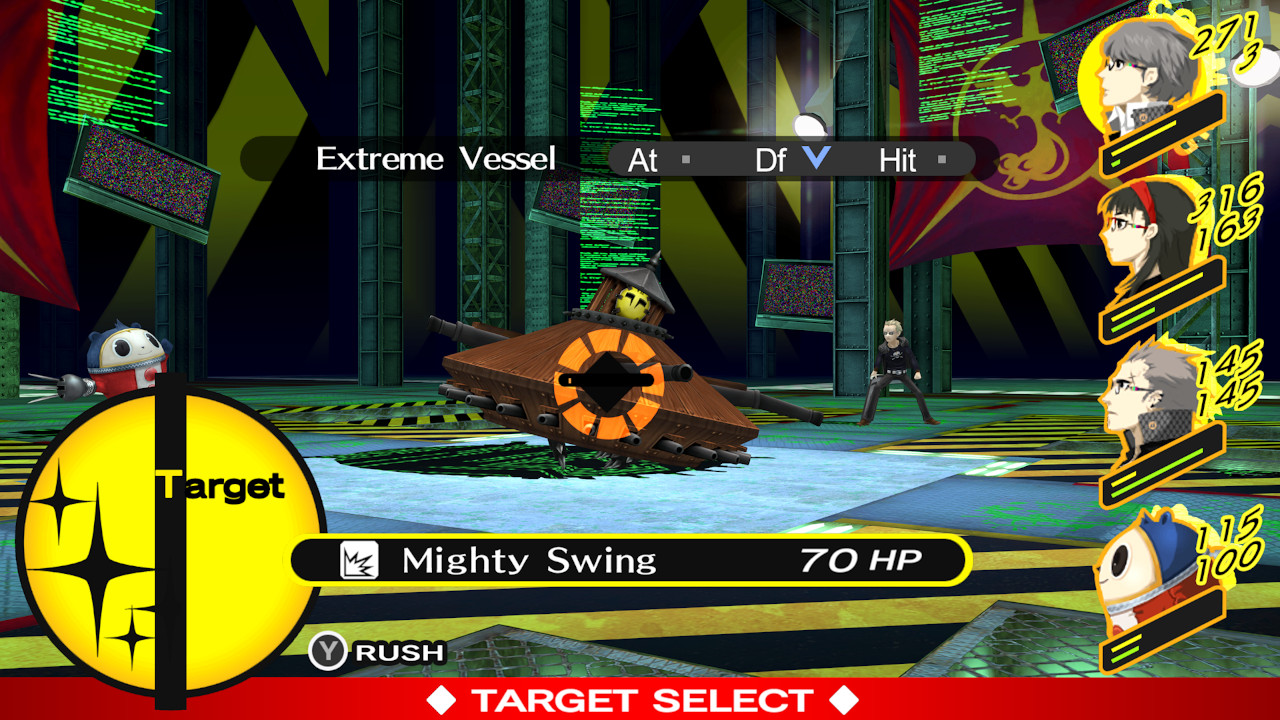
Persona 4 Golden is primarily a Japanese Roleplaying Game (JRPG) with slice-of-life elements and a prominent social system. Your daily life must be carefully managed, with usually 2 main actions available either after school or in the daytime, and the evening. You can grow your social skills as a tangible set of 5 stats, grow Social Links with your friends and acquaintances in the game, and adventure through intense dungeons as you unravel a disturbing mystery.
The daily tasks include multiple methods to grow your social skills including getting answers correct in class to grow Knowledge or Expression, and working jobs to grow Diligence, Understanding, or Courage. These stats, when leveled up, unlock deeper social interactions with key characters, which give you greater rewards. On top of all of this, there’s a complex turn-based battle system where you fuse and collect Personas, manifestations of personalities in the game that act as allies in combat. The higher your Social Links are with the game’s cast, the better Personas you can create, creating direct rewards for your social investment.
Persona 4 Golden is a deeply structured narrative on top of being a slice-of-life RPG. There’s a series of deadlines as you unravel a plot involving mysterious murders, so you must manage each day with your deadlines in mind. There are multiple endings of the game, some of which are abrupt and bad, reflecting how well you handle your decisions. But if you’re careful, you’ll achieve the most satisfying conclusions, and see the game through to its end with even additional stories to experience.
Rule 1! Be Myself. Rule 2! Get People to Understand Me
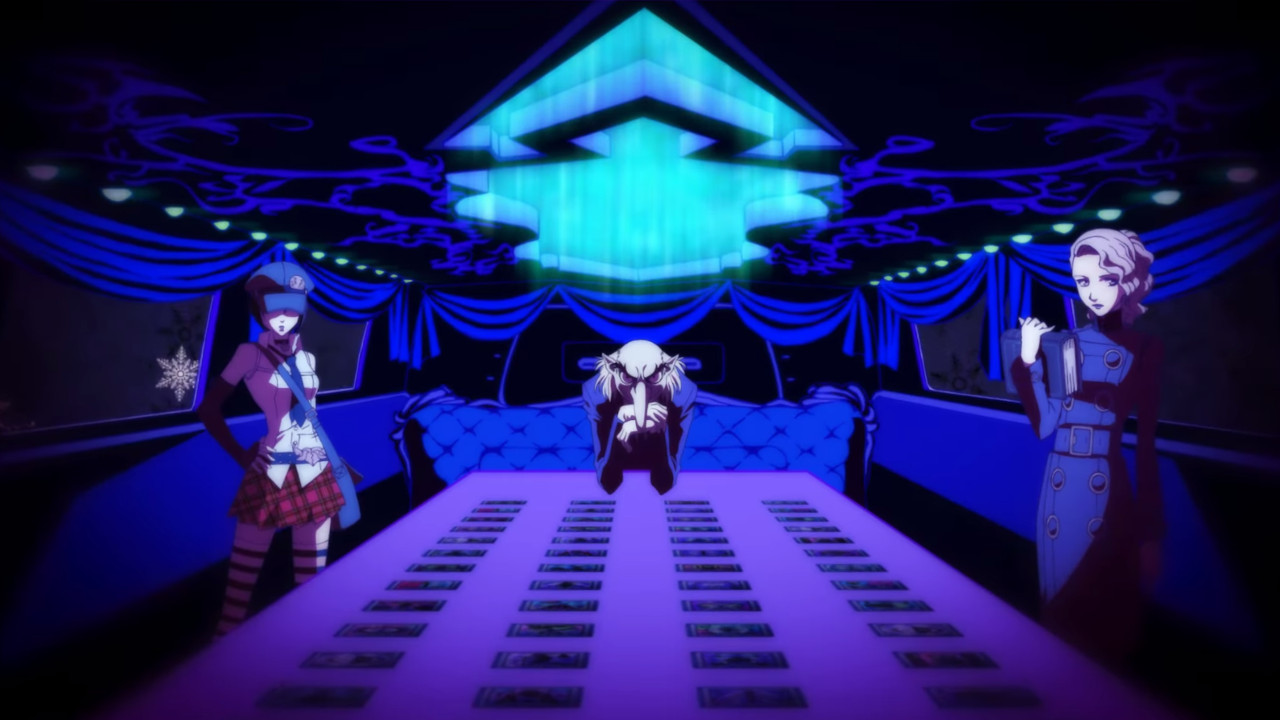
Persona 4 Golden’s plot revolves around the students amidst a terrifying series of murders plaguing the town of Inaba, based on the Japanese city Fuefuki. It’s a small town where everybody seemingly knows each other, whether from working at local shops or together at the Junes department store. While the mystery makes life complicated for the police, such as the protagonist’s uncle, the game’s story also revolves around how you bond with others who are seemingly almost victims of these crimes.
Some of your friends will need rescuing in various dungeons created by their minds, which you navigate through the mysterious TV World. Others need rescuing from themselves or their insecurities or self-destructive tendencies, and you can achieve this by strengthening your bond with them. While the game is about solving crimes and saving your town, friends, and loved ones, it’s also about being there for the people in your life.
My Friends Are My Power!

One of the central elements not only to the story but to the gameplay is the diverse array of supporting characters with whom you can bond in Persona 4 Golden. There are tangible benefits to many of these interactions, making battles easier and more satisfying when certain applicable friends are in your party, but they’re also some of the most genuinely interesting interactions in the game. The power of acceptance of self and others is poignant and a persistent common element when speaking to these characters.
Some of the most potent instances of this are not even related to party members, but to key characters like Nanako and Ryotaro Dojima. This father and daughter are a resilient pair, enduring hardship and loss, and make it known to you as the player that is in their life actively improves it. I felt myself tear up when characters like the Dojimas fully embraced me, such as learning their story, and even something simple as a gifted mug. Otherwise, throwaway scenes are so impactful I’m taken aback in ways I didn’t see in Persona 5 Royal’s Confidants.
But more on the supporting cast, it feels like some of the most dynamic and fun characters, while also being rounded and fully conscious of the story’s weight. Characters like Yukiko Amagi become more comfortable with you as a member of your friend circle and burst into uncontrollable laughter at moments that feel genuinely funny. Characters bond with each other, not just the protagonist, such as Yosuke and Teddie, or Naoto and Kanji.
It feels organic like you’re seeing a community build itself up, so they can take on this nefarious threat together, and when the story takes a severe turn, these characters’ most interesting qualities are on full display, with their emotional thresholds truly being tested. When they discover despicable enemies including egotistical predators and uncanny, godly forces, they still find a way to an upbeat tone as they recover, a friendship full of happiness, laughter, love, and acceptance.
The Visuals
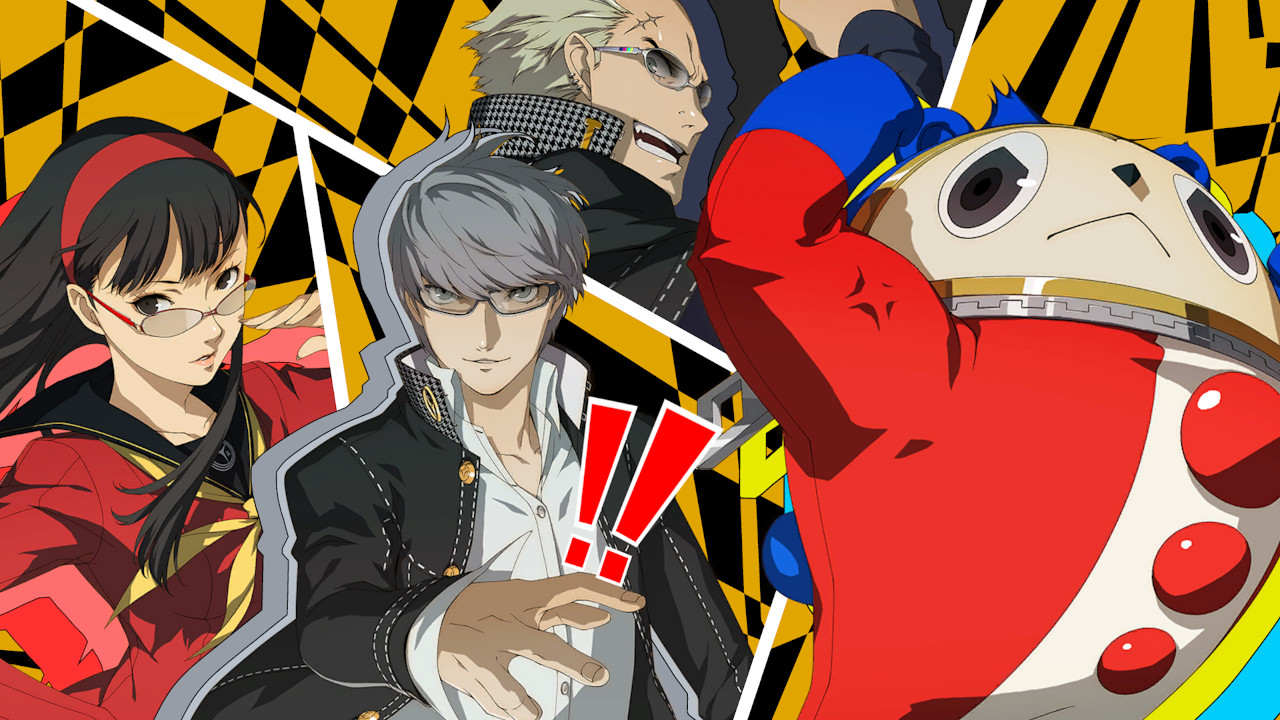
Persona has gathered a fantastic reputation for being visually striking with its most recent entries, and in Persona 4 Golden, this is no different. Like how blue is used for Persona 3 and red is used for Persona 5, yellow is on display in this case, a radiant and happy color that helps break down even the bleakest segments. This reminds the player that even after the most sorrowful moments, with some truly horrific tragedy and trauma for the main cast, they still strive to find joy.
Along with the choice of color, the game has several neat design choices. While the sprites and textures often look dated, largely due to the game’s PS2 origins, the dungeon design, particularly with Void Quest onward, feels distinctive and clever. Another way the game fights against aging poorly from a visual standpoint is its use of anime visuals in everything including the UI and certain cutscenes, allowing a 15-year-old game to stay looking fresh with the quality of life improvements brought by Golden. The visible scanlines feel like you’re exploring the world inside a TV, and the framerate on the Xbox Series X version I was given is a crisp 60fps.
The Audio
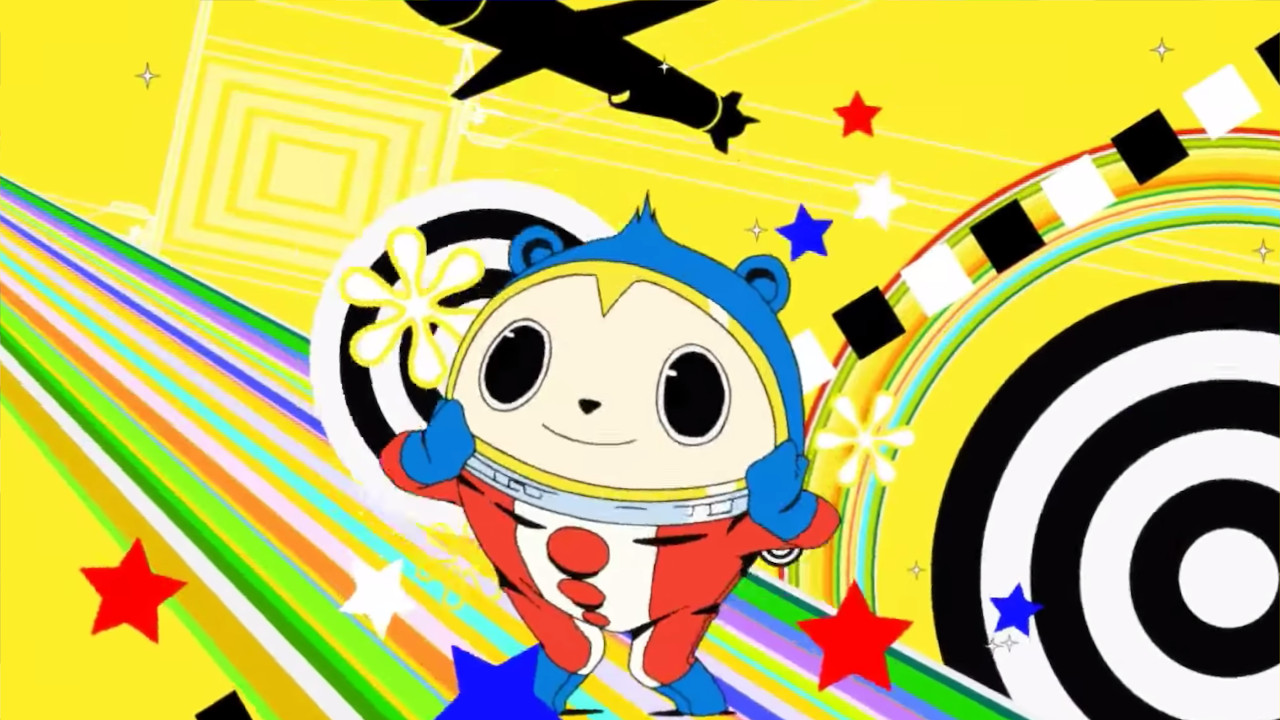
Lending to the upbeat quality of the game, the music in Persona 4 Golden is memorable as ever. You’ll feel it while speaking with friends at Junes, or even the positive energy as you go about your daily life after school. At first, the dungeon music felt a bit of a letdown, but dungeon music in the late phases of the game has some absolute bangers.
On top of the music, the game has an impressive amount of recorded voiceover work in its dialogue. The game wants you to recognize it, too, as you’ll discover 250 unique navigation lines from the game’s resident pop idol, Rise Kujikawa. Having these voice lines helps sell players on the emotional weight of certain moments, bringing these characters to life, and selling Teddie as a lovable goofball as opposed to somebody far more odd or creepy.
The Issues
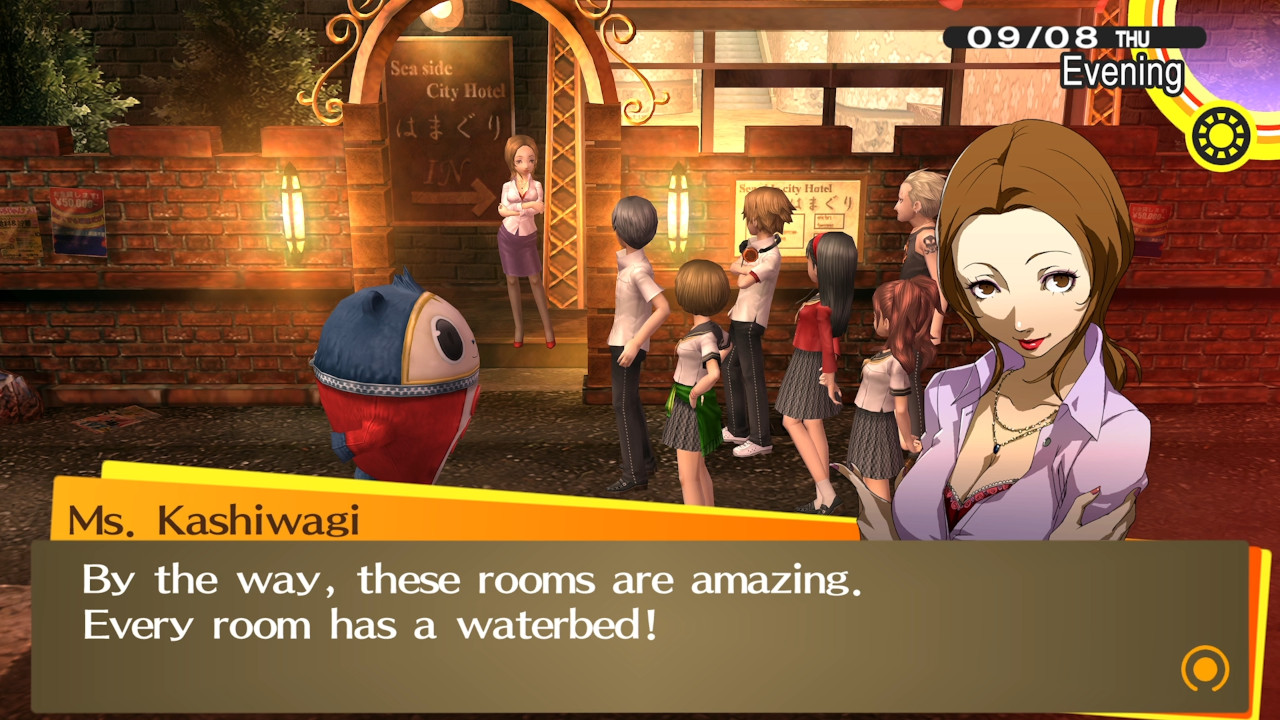
This is a tough topic just because there are very few issues I had with the game. However, the game has moments where certain characters exhibit casual homophobia, such as Yosuke toward Kanji’s apparent closeted homosexual/bisexual feelings, which might not land for some. While this feels like two characters just growing to accept each other and themselves over time, it can be difficult to appreciate, and understandably so.
Another issue is the game’s treatment of sexuality in general in its narrative, with an uncomfortable amount of focus on sexualizing teenagers, particularly Rise. The character is a sweet, if overly flirtatious supporting character, but she is uncomfortably oversexualized at times, with a likely explanation being the genuinely creepy and predatory world of Japanese pop idols and their management.
Additionally, a supporting character and key friend Naoto Shirogane has an interesting journey through the game. But with an increasingly inclusive climate, especially in western audiences but increasingly more in Japan, Naoto’s identity is a contentious yet fascinating topic. While the game explains their story and motivations for how they outwardly present, this would also easily fit in today’s climate as the story of an iconic nonbinary character. Overall more of a topic of debate and discussion rather than an outright issue, speaking to how much I love the game despite this.
Finally, players returning to the series after being introduced to the more mainstream Persona 5 might find the game more difficult. The curve is forgiving, however, and players will soon find themselves soaring, with the late game being especially easy. The first dungeons can also be somewhat boring compared to Persona 5’s palaces, but their battles conversely feel often far more rewarding thanks to mechanics like Shuffle Time.
The Verdict
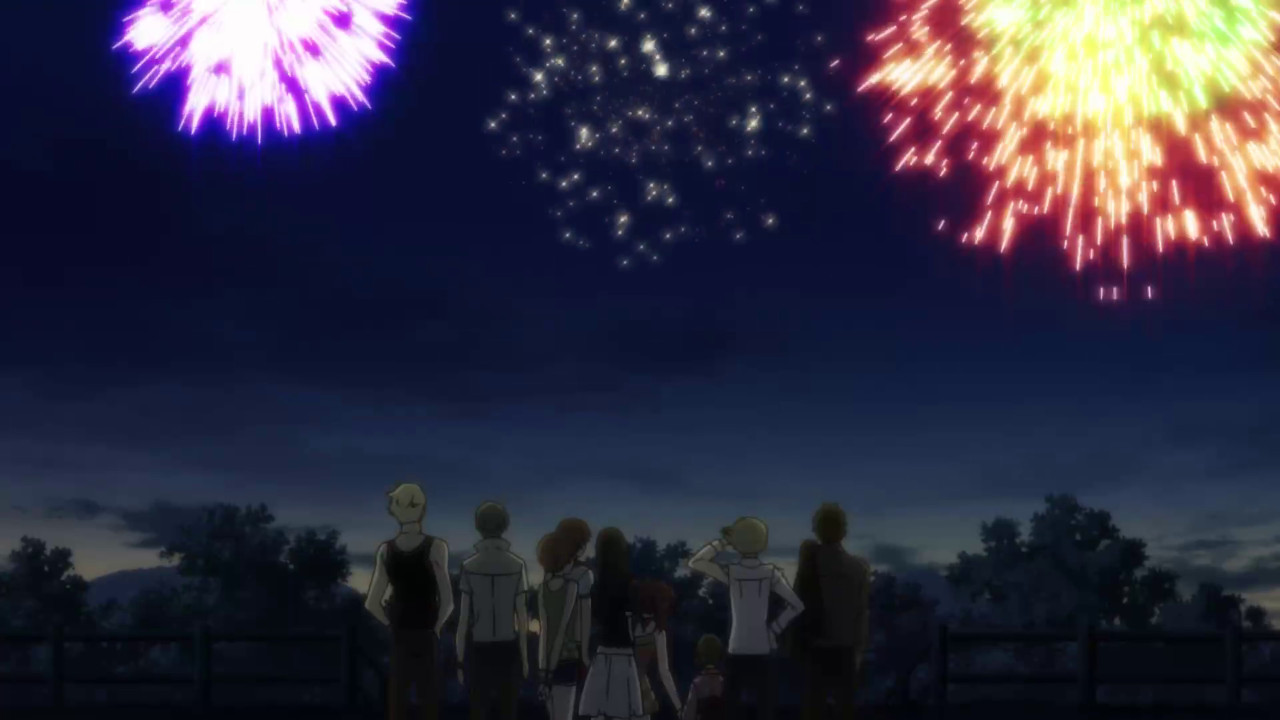
Persona 4 Golden is an essential experience not only for JRPG fans but people who appreciate a strong narrative with an endearing supporting cast of characters, along with a tight battle system that feels as modern as its iconic sequel. The poignancy of your interactions with the characters will resonate on a deep level with you, and will more than likely warm or break your heart on more than one occasion. It’s exciting that modern players get to enjoy this, and if you’re a Game Pass subscriber, this is a must-play.
But you’ll also have the opportunity to uncover deep rewards, see compelling stories, and if you’ve made enough friends, you’ll taste some of the most disgusting chocolate made with all the love in the world. It might lack the undeniable style of Persona 5, but it packs every bit of the substance and replay value players crave in a Persona game.
Persona 4 Golden releases worldwide for PlayStation 4, Nintendo Switch, Xbox One, and Xbox Series X|S on January 19, 2023, as well as already being released on PlayStation Vita and PC.


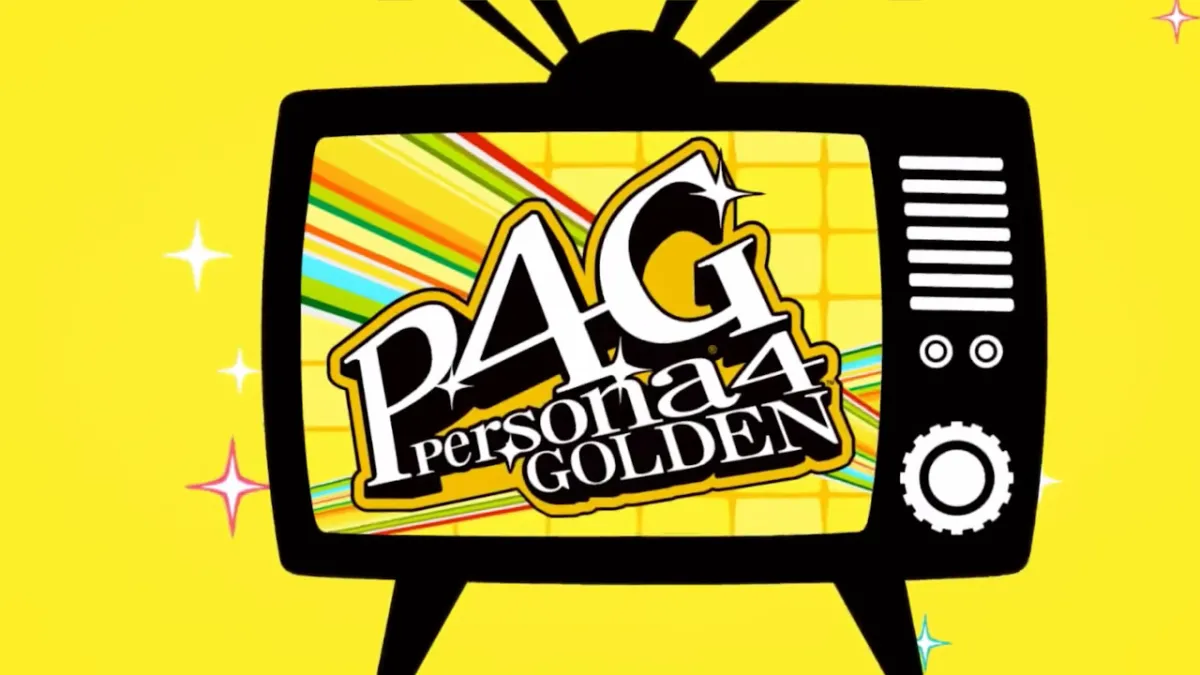
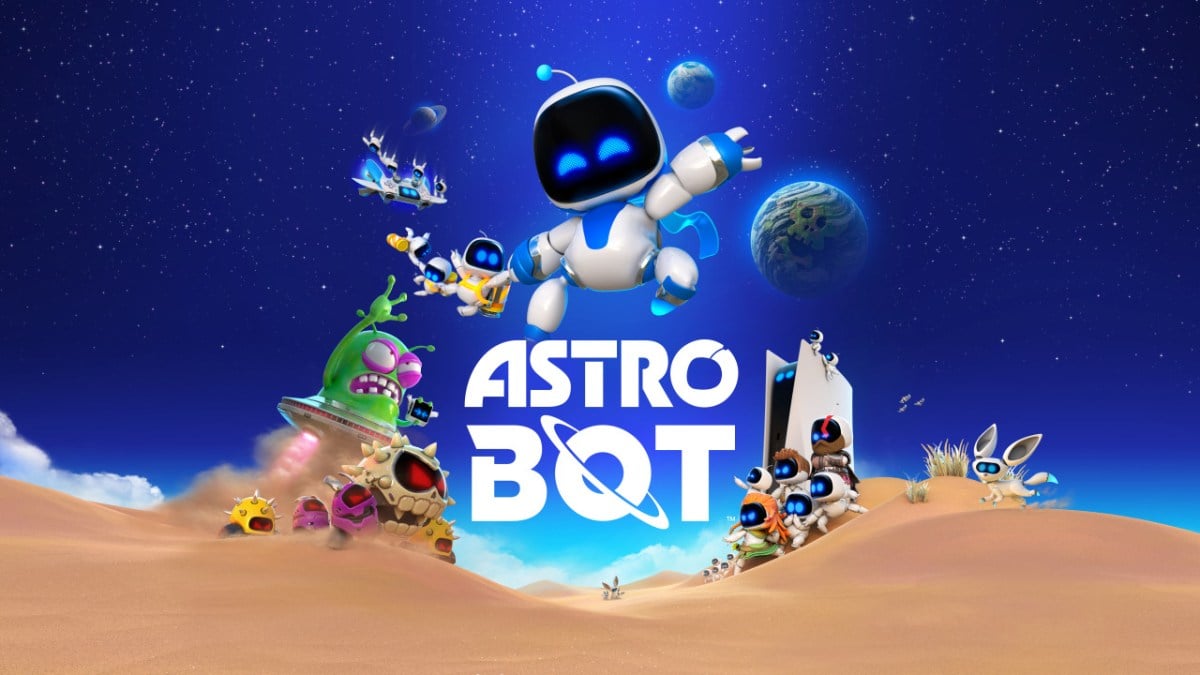
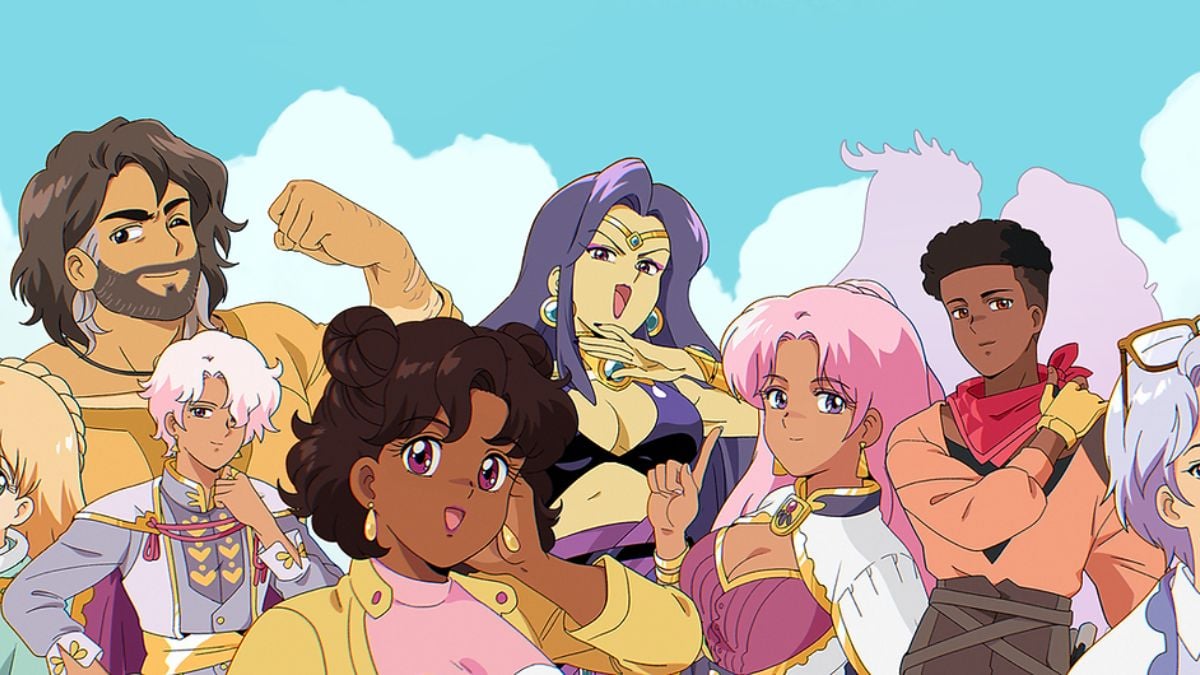
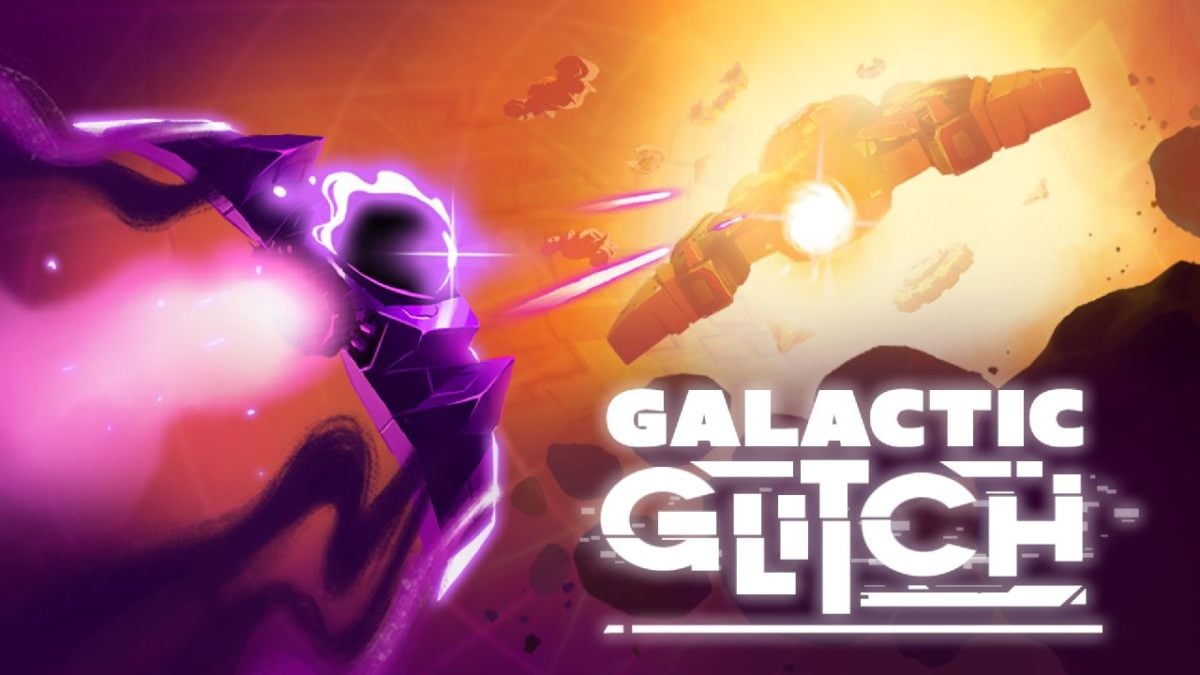
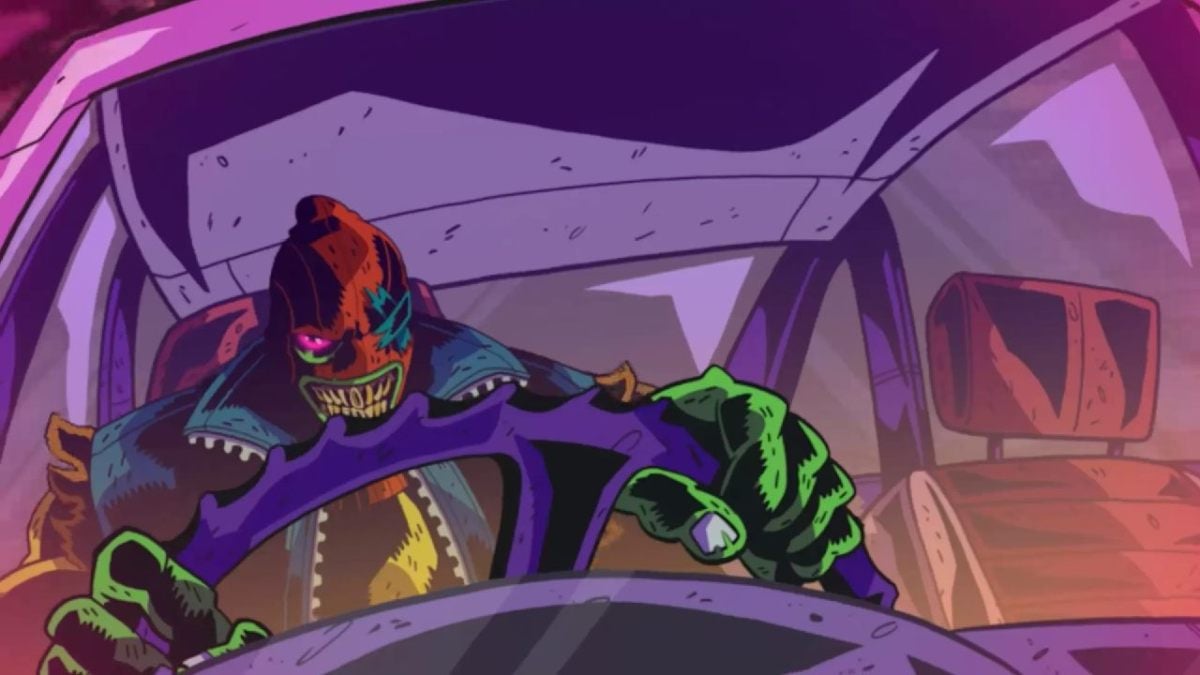
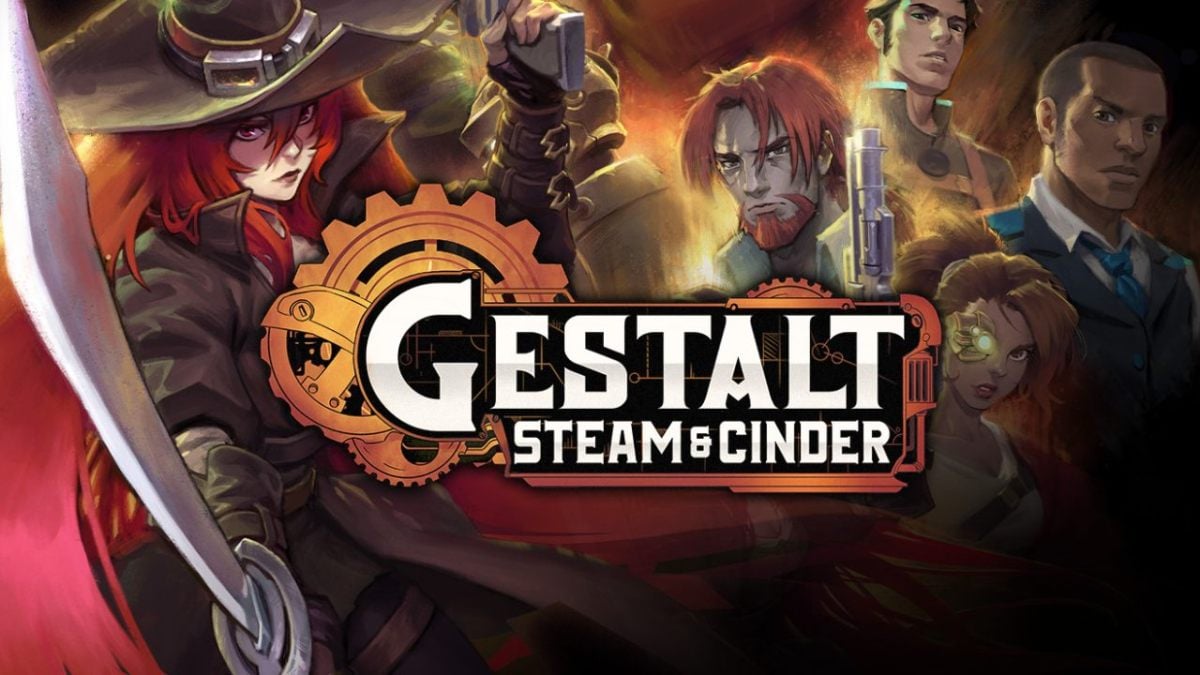
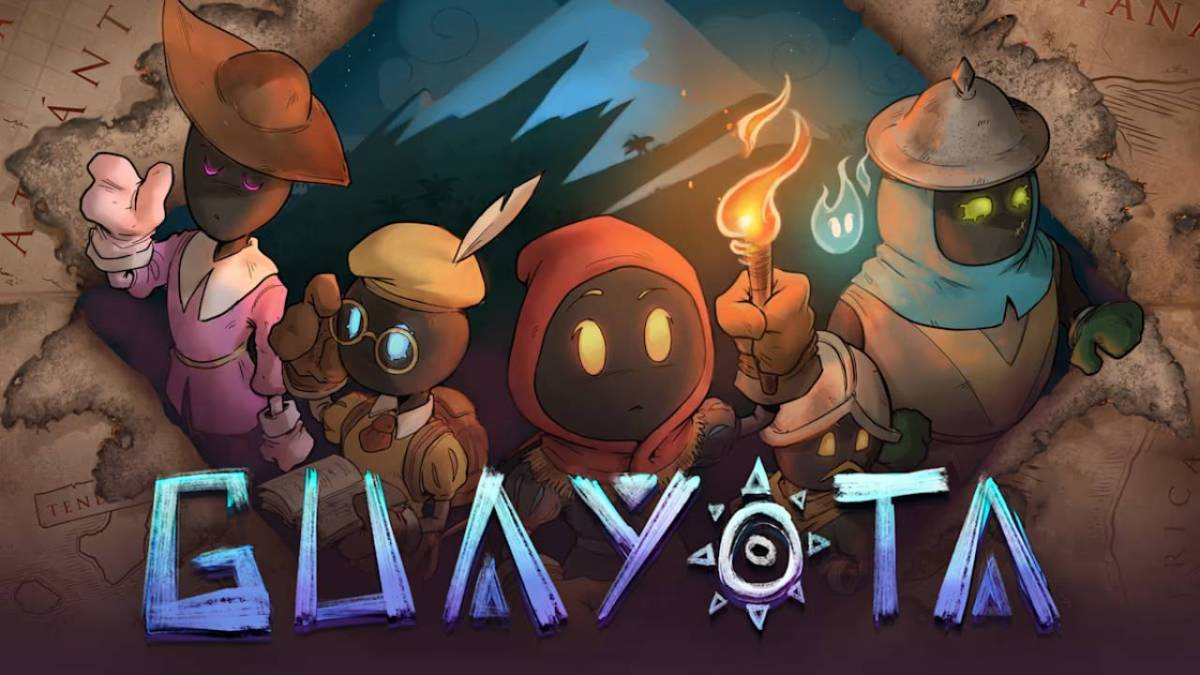

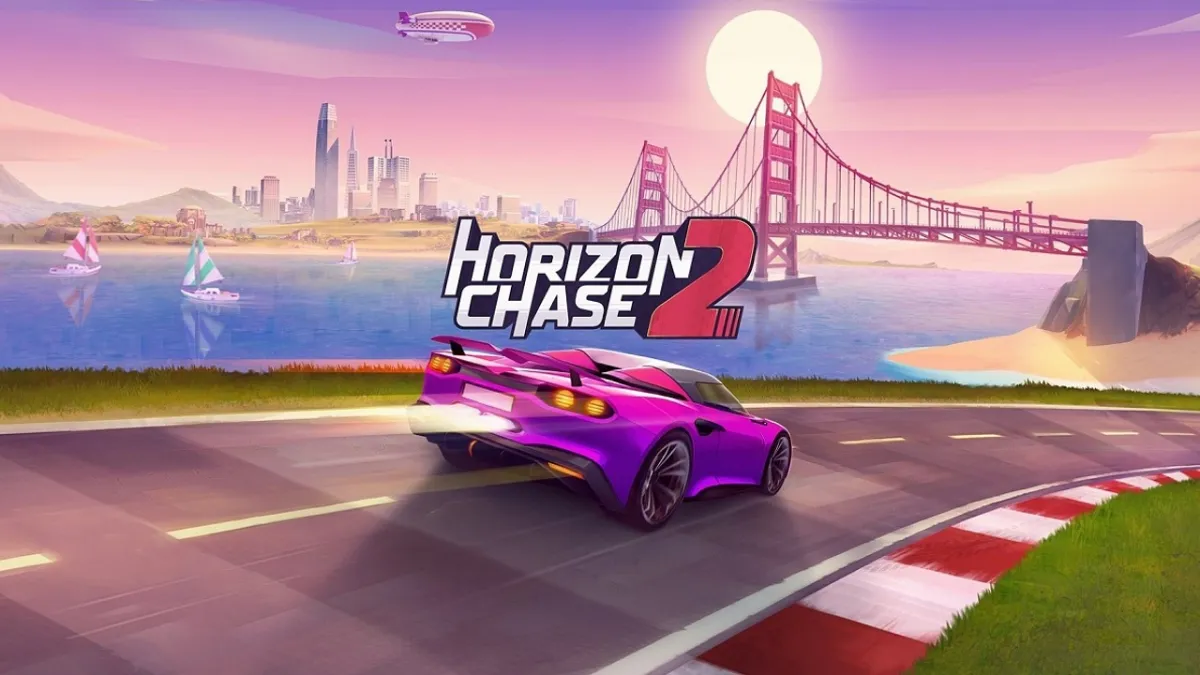

Published: Jan 17, 2023 10:59 am